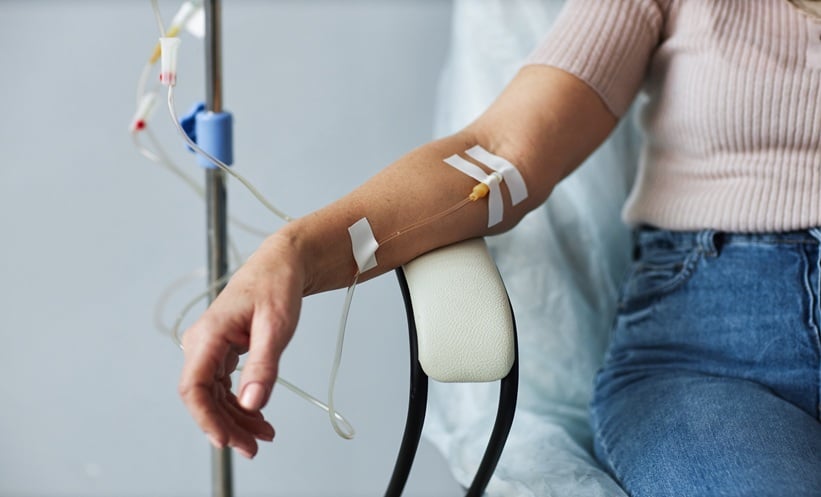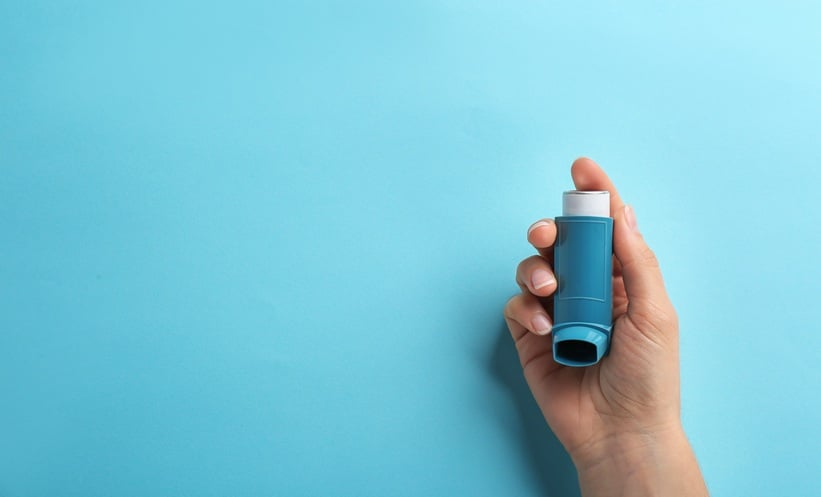KAWASAKI disease (KD) is an acute vasculitis that predominantly affects medium-sized blood vessels, with coronary artery aneurysms being its most serious complication. Standard treatment has long included intravenous immunoglobulin (IVIG) alongside high-dose aspirin, based on its anti-inflammatory properties. However, recent evidence suggests the role of aspirin in preventing coronary artery lesions (CALs) may warrant reassessment.
A recent multicentre, prospective, open-label randomised clinical trial sought to determine whether high-dose aspirin remains necessary during acute-stage KD treatment. Involving a diverse patient population, the study compared outcomes between children receiving IVIG alone and those also given high-dose aspirin (80–100 mg/kg per day). Findings indicated no significant difference in CAL incidence between the two groups, demonstrating that omitting high-dose aspirin did not compromise treatment efficacy.
This aligns with earlier retrospective data from 851 KD patients in Taiwan, which similarly found no advantage in CAL prevention or hospital stay length with high-dose aspirin. Although aspirin’s anti-inflammatory and antiplatelet effects are well known, no prospective trials to date had validated its specific role in reducing CAL formation. Moreover, while generally considered safe, high-dose aspirin carries potential toxicity risks in children.
The study also explored treatment responses across four KD subgroups, liver, band, node, and young, identified by clinical and laboratory features. Across all groups, no significant benefit of high-dose aspirin was observed. Further analysis by inflammatory biomarkers (C-reactive protein and platelet count) reinforced these findings, with IVIG alone proving equally effective.
Given the limited clinical benefit and potential adverse effects, this research challenges the continued routine use of high-dose aspirin during the acute phase of KD. While more extensive studies may be needed to confirm these results across broader populations, the evidence suggests IVIG monotherapy may suffice for many patients. This marks a potential turning point in KD management, advocating for a more tailored, evidence-based approach to aspirin use in children.
Reference
Kuo HC, Lin MC, Kao CC, et al. Intravenous Immunoglobulin Alone for Coronary Artery Lesion Treatment of Kawasaki Disease: A Randomized Clinical Trial. JAMA Netw Open. 2025;8(4):e253063. Published 2025 Apr 1. doi:10.1001/jamanetworkopen.2025.3063





